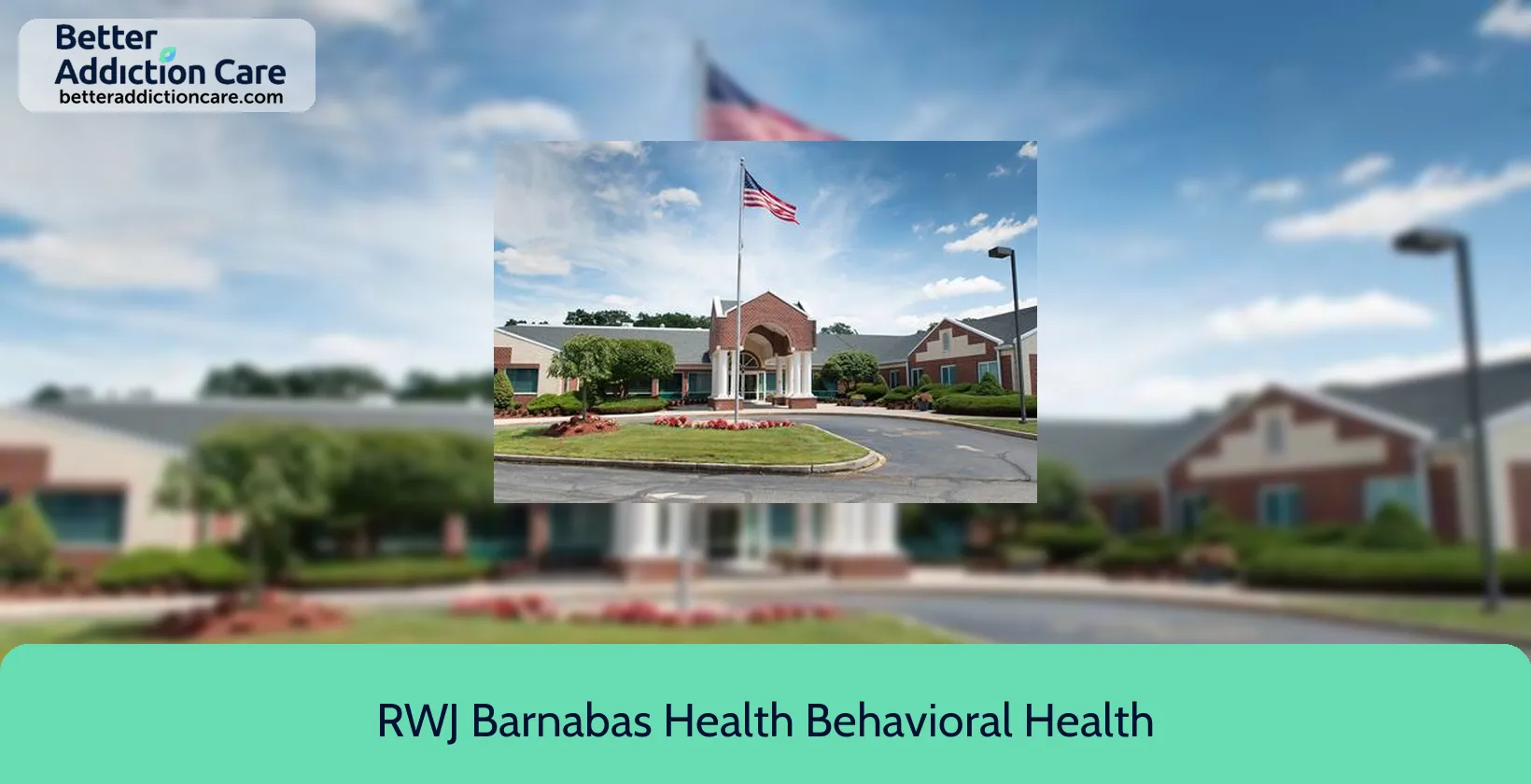Integrity House

Overview
For people of all ages, including kids, teens, and adults, Integrity House, a comprehensive addiction and mental health treatment facility, is situated in Toms River, New Jersey. Through a variety of community-based programs, they provide a comprehensive range of outpatient services, making help available to individuals who need it.
Via their Certified Community Behavioral Health Clinic, Integrity House offers specialist treatment for anyone struggling with addiction to drugs, alcohol, or opioids. This clinic provides a wide range of therapies intended to meet the complicated needs of those who are battling addiction. Primary care, case management, and round-the-clock crisis stabilization are important services. Medication-assisted therapy (MAT), which helps manage the psychological and physical difficulties of recovery, is provided in addition to these treatments. MAT offers a comprehensive method of treating the mind and body by combining behavioral therapy and psychotherapy.
One of Integrity House's unique offerings is their creative program, Reach for treatment, a mobile treatment center that visits different parts of the county every week. Immediate, on-the-spot treatments including drug use evaluations, wellness and health tests, and access to harm reduction supplies are provided by this mobile unit. This program is especially helpful for those who may find it difficult to get into conventional treatment facilities.
Integrity House offers dual diagnosis therapy, which combines psychiatric care specifically designed to address the co-occurring mental health and addiction issues of its clients. Through the use of an integrated approach, clients are guaranteed to get all-encompassing treatment that treats the entire range of their mental health and drug use issues.
All things considered, Integrity House is dedicated to providing individualized, community-based therapy that aids people in their recovery process, with an emphasis on easily accessible care and creative ways to satisfy the requirements of its patients.
Integrity House at a Glance
Payment Options
- Cash or self-payment
- Medicaid
- Medicare
- State-financed health insurance plan other than Medicaid
- Private health insurance
Assessments
- Screening for tobacco use
- Comprehensive mental health assessment
- Comprehensive substance use assessment
- Screening for mental disorders
- Screening for substance use
Age Groups
- Seniors or older adults
- Young adults
- Adults
Ancillary Services
- Case management service
- Social skills development
Highlights About Integrity House
6.93/10
With an overall rating of 6.93/10, this facility has following balanced range of services. Alcohol Rehabilitation: 8.00/10, Drug Rehab and Detox: 6.62/10, Insurance and Payments: 6.00/10, Treatment Options: 7.09/10.-
Alcohol Rehabilitation 8.00
-
Treatment Options 7.09
-
Drug Rehab and Detox 6.62
-
Insurance and Payments 6.00
Accreditations
State department of health:

Government agencies issue State Licenses, granting rehabilitation organizations permission to operate their businesses legally within specific geographic regions. The licenses needed for legal operation are typically determined by the type of rehabilitation program offered by a facility and its physical location.
Commission on Accreditation of Rehabilitation Facilities (CARF):

CARF accreditation is a prestigious recognition granted to rehabilitation and human service organizations. It signifies that an organization meets high-quality standards, having undergone a rigorous evaluation process. CARF accreditation boosts an organization's credibility and ensures top-notch care for individuals with disabilities, injuries, or healthcare needs.
Treatment At Integrity House
Treatment Conditions
- Alcoholism
- Substance use treatment
Care Levels
- Outpatient
- Outpatient day treatment or partial hospitalization
- Intensive outpatient treatment
- Regular outpatient treatment
- Aftercare
Treatment Modalities
- Cognitive behavioral therapy
- Substance use disorder counseling
- Trauma-related counseling
- Smoking/vaping/tobacco cessation counseling
- Group counseling
Ancillary Services
Additional Services
- Pharmacotherapies administered during treatment
- Mentoring/peer support
- Breathalyzer or blood alcohol testing
Special Programs
- Clients with co-occurring mental and substance use disorders
- Veterans
- Pregnant/postpartum women
- Clients with HIV or AIDS
- Clients who have experienced trauma
Get Help Now
Common Questions About Integrity House
Contact Information
Other Facilities in Toms River

6.65

6.68

7.52

6.74

6.89

7.63
DISCLAIMER: The facility name, logo and brand are the property and registered trademarks of Evolve Recovery Center, and are being used for identification and informational purposes only. Use of these names, logos and brands shall not imply endorsement. BetterAddictionCare.com is not affiliated with or sponsored by Evolve Recovery Center.
